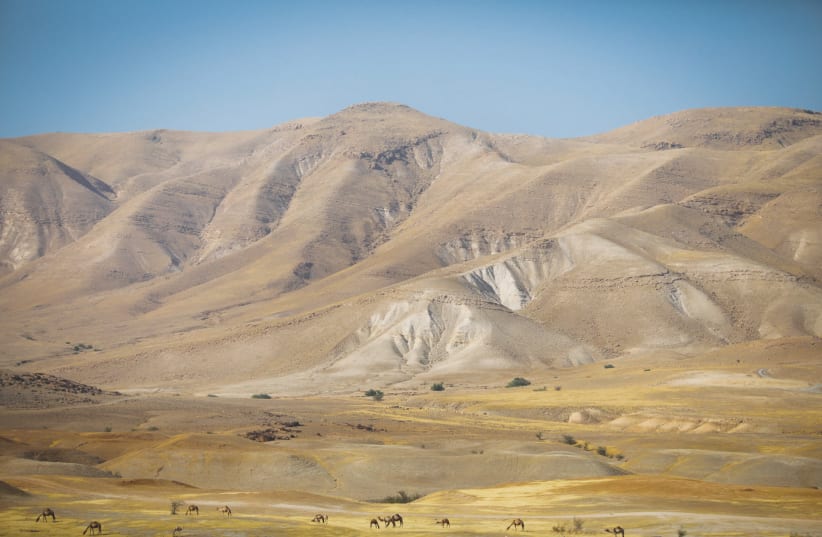Ehud Olmert to 'Post': There is a heavy price for annexation
Anyone who claims today that the Jordan Valley is essential to Israel for security reasons is either living detached from reality, or is trying to sell us a false story about non-existent dangers.
